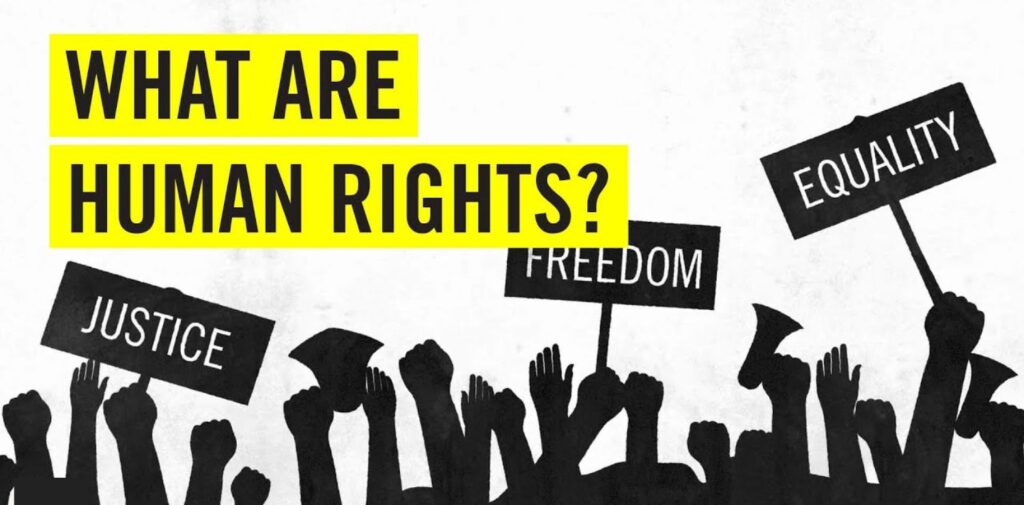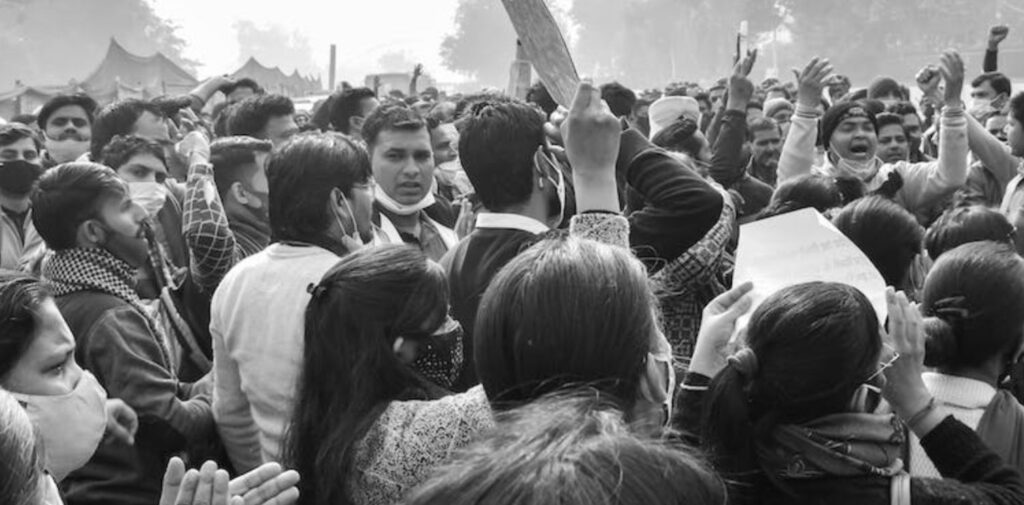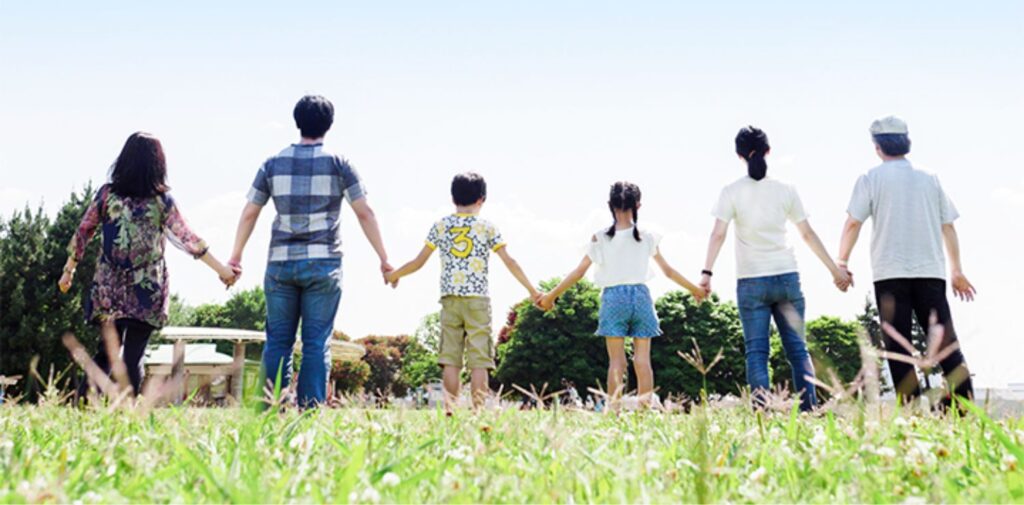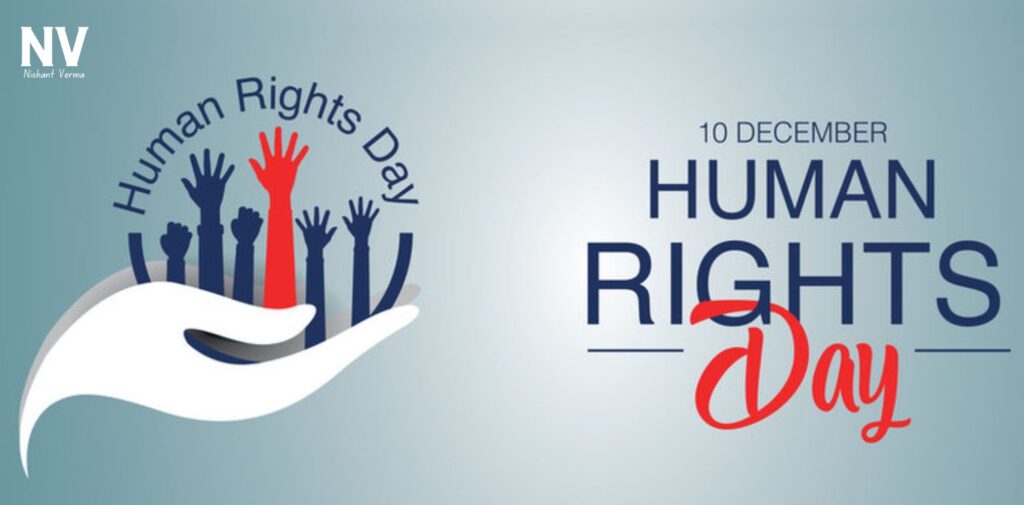Human Rights Day is a special day observed around the world to promote and raise awareness about the fundamental rights that every human being is entitled to, regardless of their background, nationality, ethnicity, or religion. It is a day dedicated to recognizing and celebrating the importance of human dignity and freedom for all. This day serves as a reminder of how far we have come in the struggle for human rights, as well as the work that still remains to be done to ensure that everyone can enjoy their rights fully.
What is Human Rights?
Human rights refer to the basic rights and freedoms that all individuals are entitled to, simply because they are human beings. These rights are not dependent on where someone comes from or what they believe in. They are universal, inalienable, and essential for the dignity of every person. The idea behind human rights is that every individual should have the freedom to live a life of equality, justice, and respect.
Human rights include a wide range of protections. Some of the most important rights include:
- Right to Life and Liberty: Every person has the right to live in freedom and safety.
- Right to Equality: All individuals should be treated equally before the law, regardless of race, gender, religion, or any other status.
- Freedom of Expression: Every person has the right to express their thoughts and ideas without fear of punishment.
- Freedom of Religion: People have the right to practice and follow any religion they choose, or none at all.
- Right to Education: Every person has the right to access education and learn in a safe and respectful environment.
- Right to Work: Individuals have the right to work and earn a living in a fair and just environment.
- Right to Health: Every person should have access to healthcare and medical services.
- Right to Privacy: Individuals should be free from unwarranted interference in their personal lives and belongings.
These are just some examples of human rights that people around the world fight for every day. Human rights are meant to protect people from abuses of power and to ensure that everyone has an opportunity to live a life of dignity.

The Importance of Human Rights Day
Human Rights Day is observed every year on December 10th, the day the Universal Declaration of Human Rights (UDHR) was adopted by the United Nations General Assembly in 1948. The UDHR is a historic document that outlines a common standard of human rights for all people. It was the first time in history that countries came together to create an international agreement that recognized the basic rights and freedoms that should be protected for all individuals. The declaration is made up of 30 articles, and it sets forth the rights and freedoms to which every person is entitled.
The UDHR is not a legally binding treaty, but it has served as the foundation for many international laws and treaties that have followed. It has been translated into over 500 languages and continues to influence global human rights policies today. Human Rights Day marks the anniversary of this important milestone and serves as a reminder to all of us about the importance of human rights in building a fairer, more just world.
Why Do We Celebrate Human Rights Day?
Human Rights Day is a time to reflect on the progress we’ve made in protecting human rights, as well as the challenges that still exist. Around the world, millions of people continue to suffer from violations of their basic rights. Many people are denied access to education, healthcare, or the ability to express themselves freely. Others live in fear of discrimination, violence, or unjust imprisonment. Human Rights Day helps us remember that human rights are not guaranteed everywhere, and it calls us to action to help make a positive difference.
The day is also an opportunity to:
- Raise Awareness: Many people are still unaware of their rights or how to protect them. Human Rights Day helps raise awareness about these rights and how people can fight for them.
- Honor Human Rights Activists: Human Rights Day is a time to honor the brave individuals and organizations around the world who work tirelessly to defend human rights. These activists often face great personal risk, yet they continue to fight for justice.
- Encourage Governments to Uphold Human Rights: On Human Rights Day, governments are reminded of their responsibility to respect and protect the human rights of their citizens. It is a day to hold governments accountable for their actions (or inactions) regarding human rights.
- Foster Global Solidarity: Human rights are a global concern. Human Rights Day brings people together from all corners of the world to stand in solidarity with those whose rights are being violated.

Human Rights Day Around the World
Different countries and organizations celebrate Human Rights Day in various ways. Some countries hold public events, while others organize protests or conferences to raise awareness. Schools, universities, and non-governmental organizations (NGOs) may host educational activities or community outreach programs to teach people about their rights.
For example:
- In South Africa, Human Rights Day is a public holiday, reflecting the country’s commitment to human rights after years of apartheid rule. It is a day of reflection, remembrance, and community discussions about the importance of equality.
- In Mexico, Human Rights Day is celebrated through conferences and seminars that focus on human rights issues within the country and globally. The Mexican government, as well as human rights organizations, often collaborate to bring attention to important causes.
- In India, organizations use Human Rights Day to advocate for gender equality, the rights of children, and other critical issues. Local events are held to educate the public about human rights and encourage positive change.
The Challenges We Face
Despite significant progress over the years, many challenges remain when it comes to ensuring that human rights are respected and upheld everywhere. Many people around the world continue to face poverty, discrimination, violence, and other abuses. Governments may ignore or actively violate human rights, and in some cases, they may even punish those who speak out for justice.
Issues such as:
- Racism and Discrimination: People continue to face unequal treatment based on their race, ethnicity, gender, religion, or sexual orientation. This can lead to inequality in education, employment, and access to basic services.
- War and Conflict: In areas of conflict, basic human rights such as the right to life and safety are often violated. Refugees and displaced persons are particularly vulnerable.
- Lack of Access to Education: In many parts of the world, children—especially girls—are denied the right to an education, which limits their opportunities for a better future.
- Freedom of Speech: In some countries, people are not allowed to express their opinions freely. This can lead to censorship, imprisonment, or worse for those who speak out against the government or injustice.

What Can We Do?
While Human Rights Day serves as a reminder of the importance of protecting rights, it is also a call to action. Every individual has a role to play in supporting and promoting human rights. Here are some things you can do:
- Educate Yourself and Others: Understanding human rights and knowing how to stand up for them is an important first step. Share information with others and help raise awareness about human rights issues.
- Support Human Rights Organizations: Many organizations are working to protect human rights globally. You can support these organizations through donations, volunteering, or simply amplifying their messages.
- Advocate for Change: Get involved in efforts to change laws or policies that violate human rights. Whether it’s through petitions, campaigns, or voting, your voice can make a difference.
- Stand Up Against Injustice: If you witness human rights abuses or discrimination, speak up. Stand in solidarity with those who are oppressed and do your part to create a more just society.
Conclusion
Human Rights Day is a day of reflection, celebration, and action. It reminds us that human rights are not just privileges but essential freedoms that should be protected for everyone. As we observe this day, we must remember that while much progress has been made, there is still work to be done to ensure that human rights are respected everywhere. Let us honor those who have fought for justice and equality and continue to strive for a world where the rights of all individuals are protected and celebrated.




